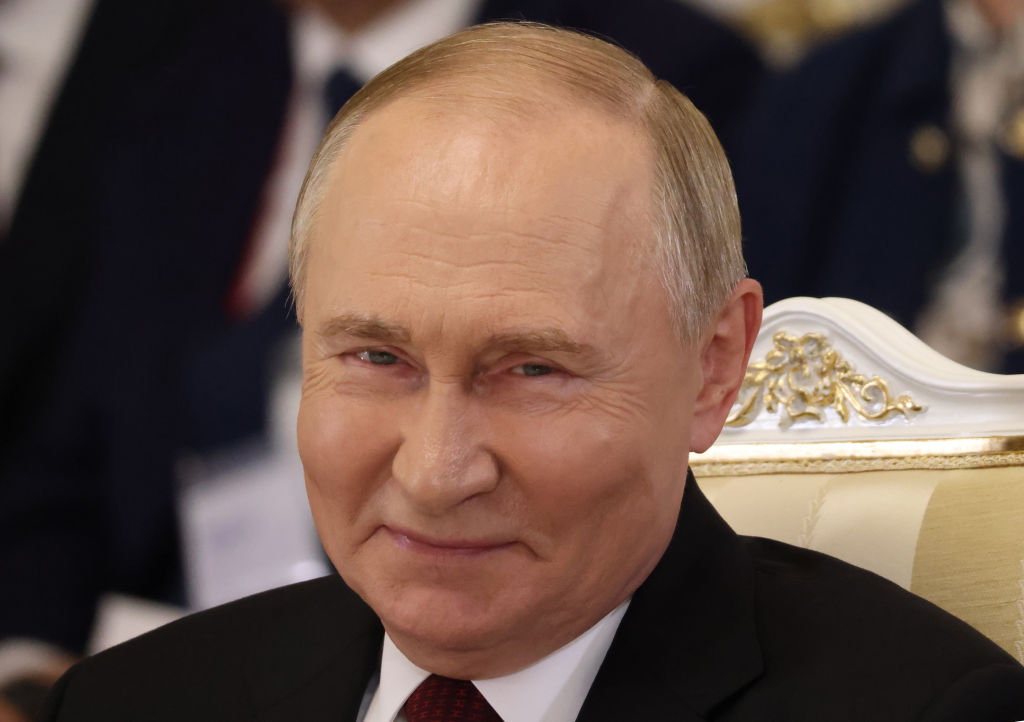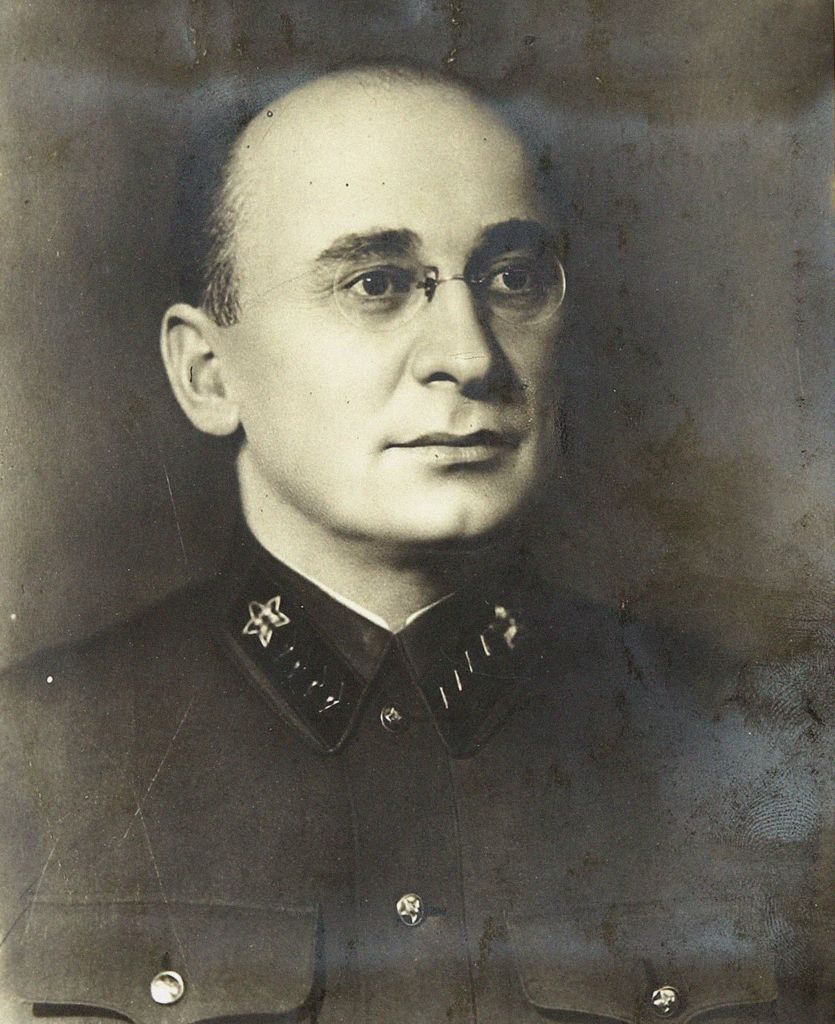If you would hear it from the liberal internationalists, the battle for the future of democracy is being fought in Tbilisi. There, protestors are facing off with – in Brussels’ telling – a pro-Kremlin gang eager to drag Georgia into Russia’s orbit. The European Union, it claims, is supportive of Georgia taking a democratic path.
But Brussels does not want a democracy – it wants a client state
How did we get here? It started when the Georgian government (now opposition) blundered into a major war with Russia, back in 2008. Georgia lost that war, and the government was resoundingly sent into opposition in the 2012 parliamentary elections. The winners, the Georgia Dream, wanted a more conciliatory approach with Russia. While not “pro-Russian,” they did not deem it in the national interest to get into wars with neighbouring countries which were 245 times their size.
Georgia Dream then won the following parliamentary elections in 2016 and in 2020. But in 2020, the opposition – still fractured – claimed fraud, and organized mass protests. Eventually, Georgia Dream came to a European Union-backed deal: if the Georgia Dream got at least 43 percent of the vote in 2021’s local elections – which they did, garnering just over 46 percent — the elections were fair. EU observers said that “democratic values and freedoms were generally respected.”
But less than four years later, this past October, everyone got to repeat their lines once again. The ruling Georgia Dream won, the opposition cried foul, and as of this writing, mass protests are in occurring in Tbilisi. The opposition is claiming police violence, while the government is claiming that the opposition is attacking the parliament with fireworks. Both are true, though the opposition is proudly broadcasting its barrages (one member of the Georgian opposition bizarrely compared the attack on the parliament to the Battle of Hogwarts – which would, in her metaphor, make her side the Death Eaters). All will come to a head in mid-December, when the Georgia Dream selects the next president (the president is now to be selected by an electoral college. As Georgia Dream has a narrow electoral college majority, their candidate will win).
There is no clear evidence of vote-rigging. The OSCE’s observers did not report seeing anything which would indicate the practice, and positively obsessed the opening of ballots in 212 out of 223 polling stations.
However the incumbent president, Salome Zourabichvili, is not willing to give up. Although she was supported by Georgia Dream in 2018 – and seemed to be fine with their victory in 2020 – she has now cast herself as a democratic hero, calling Georgia Dream’s victory illegitimate and portraying the party as in the grip of the Kremlin (she has failed to explain why Georgia Dream was apparently not pro-Kremlin when they supported her back in 2018). She has spoken to international outlets and urged other countries to sanction her own government.
But Zourabichvili has lived an odd life, one which is worth investigating. Before she was president, she served as Georgia’s foreign minister – a not abnormal position. But before that – in fact, the literal day before she became foreign minister – she was serving as France’s ambassador to Georgia. While that explains Georgia Dream’s support for her candidacy in 2018 – what better way to reach out to Western Europe than supporting a Western European for president? – it forces one to ask if her loyalties are clear.
Because while Georgia Dream is indeed more comfortable talking with Moscow than is the opposition, they are coming from a reasonable point of view: Georgia is a tiny country, and Russia is massive. While Russia’s military has not proved incredibly efficient in Ukraine, they have managed to take about 20 percent of the latter’s territory and are taking more by the day. If the Georgian territory currently occupied by Russia is akin to Crimea – occupied by Russia ten years ago – Russia taking the equivalent in Georgia to what they’ve taken in Ukraine would effectively see much of the country subsumed. Georgia is decades from joining NATO (and likely never will) and has no security guarantees. Taking an ardently pro-Western path may very well result in Georgia being reduced to a rump state.
So why is Brussels so content to punish Georgia Dream for their arguably realist policies? Because they are not really interested in Georgia remaining healthy. The United States is not paying too much attention here. They have thrown Brussels some bones, but the Biden administration is on the way out, and the incoming Trump administration will be far more interested in containing China.
Brussels also know that, even if Georgia Dream had lost, the country would still be decades away from joining the EU and would likely never get into NATO. But if they can turn Georgia into a client state it can be a constant thorn in Russia’s side, distracting them, taking up their time and energy, and ultimately keeping Russia from attempting to push its influence further into Europe. Brussels, in this way, is being quite realist – but they are using the cloak of liberal democracy to hide that from the protestors.
Not only is this disgustingly hypocritical, it is also cruel. They are taking advantage of the hope in protestors’ hearts without any real care for their long-term health. They should instead be honest, and not torture those who are hopeful with a future that can never come to pass.





Georgia’s foreign agent law in fact looks very American